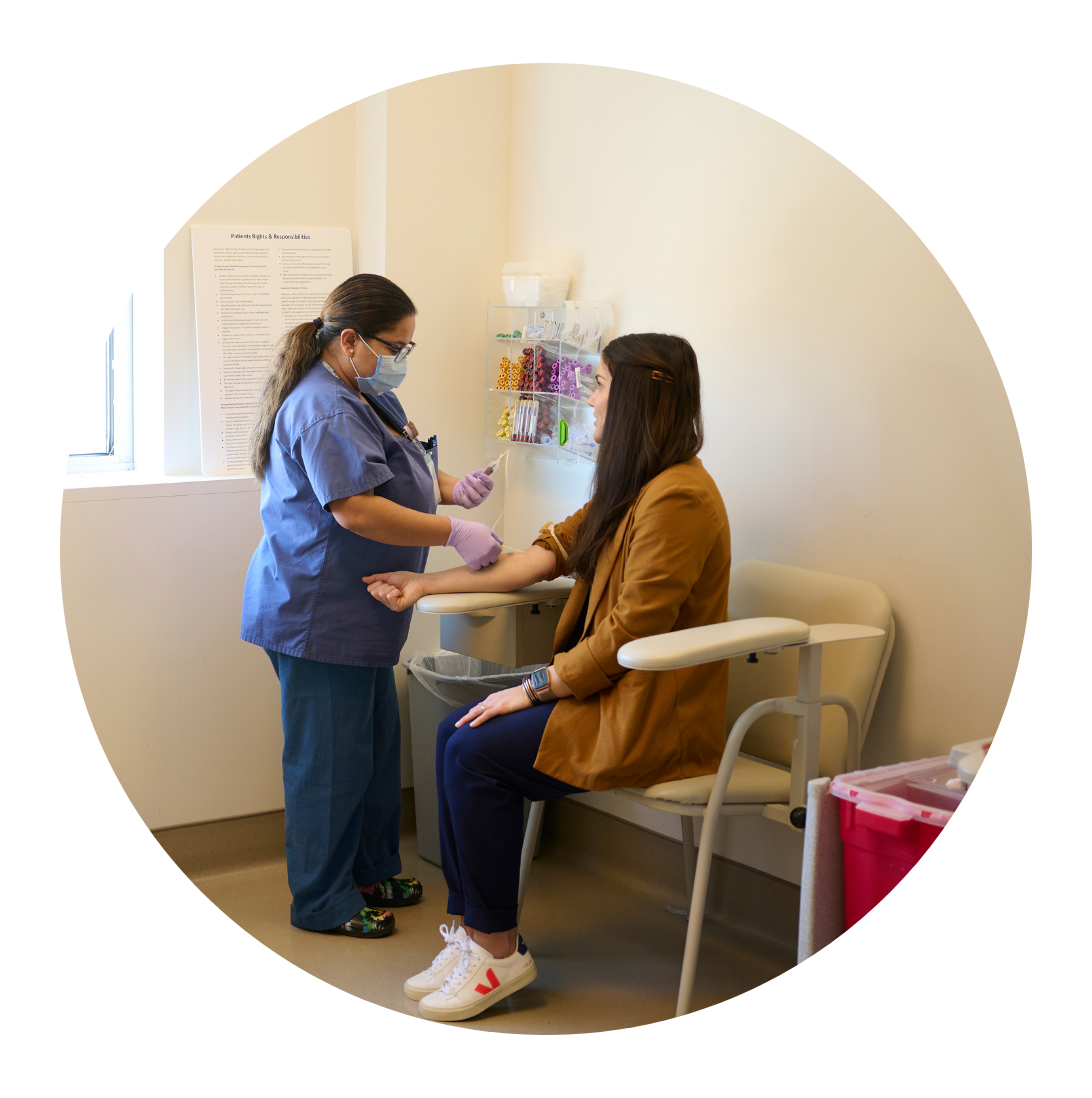Skip to main content
Search for topics or resources
Enter your search below and hit enter or click the search icon.
Fertility Care
Get Started
Fertility Treatment
Pricing & Insurance
Resources
About Us



